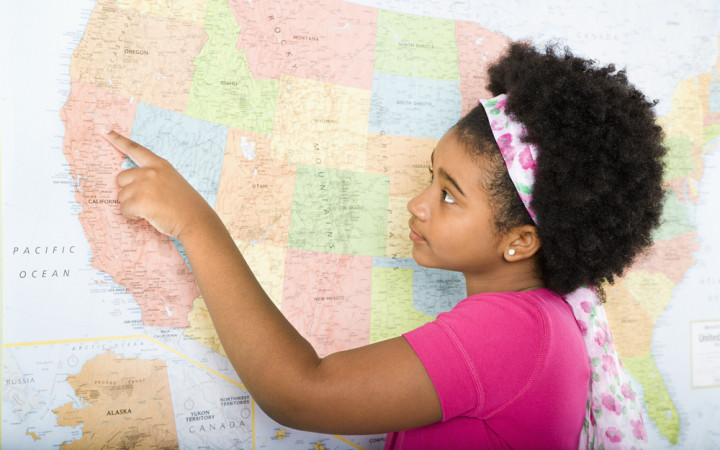Today’s Wonder of the Day was inspired by Xavier. Xavier Wonders, “Why are there states?” Thanks for WONDERing with us, Xavier!
Do you live in Kentucky, Massachusetts, Pennsylvania, or Virginia? If you do, you may hear your state referred to as a commonwealth. For example, while a neighbor to the north might say he's from the “State of Indiana," a Kentucky resident might say he's from the “Commonwealth of Kentucky."
Is there a difference between a state and a commonwealth? Are commonwealths not really states? Don't worry! If you live in Kentucky, Massachusetts, Pennsylvania, or Virginia, you still live in one of the United States.
There's no constitutional difference between a state and a commonwealth. The states that call themselves commonwealths simply chose an older, more traditional word than “state" for their official titles.
“Commonwealth" is an old term that refers to an organized political community — what most of us today would simply call a state — governed by the people, not a king. The term emphasizes the fact that citizens have chosen a government based upon the common of the people for the common wealth — or welfare — of those people.
The term was used by citizens who wanted to distance themselves from their earlier royal colony status under the reign of the King of Great Britain. In fact, the period of British history during which Parliament ruled instead of a king is known as the Commonwealth Period.
Massachusetts, Pennsylvania, and Virginia were three of the most active colonies in the time leading up to the American Revolution. So it's no surprise that these states declared themselves commonwealths upon independence. But what about Kentucky?
Before it became a state, Kentucky was simply the large western part of Virginia. Back then, it was called Transylvania. When it became a state in 1792, it kept the commonwealth name used by Virginia.
Today, the term commonwealth also has another meaning within the United States government. It is used to refer to territories that govern themselves but are voluntarily united with the U.S.
These areas are protected by the U.S., but they don't qualify for all the benefits of statehood, such as representation in Congress. There are currently two such territories considered commonwealths: Puerto Rico and the Northern Mariana Islands (north of Australia).




